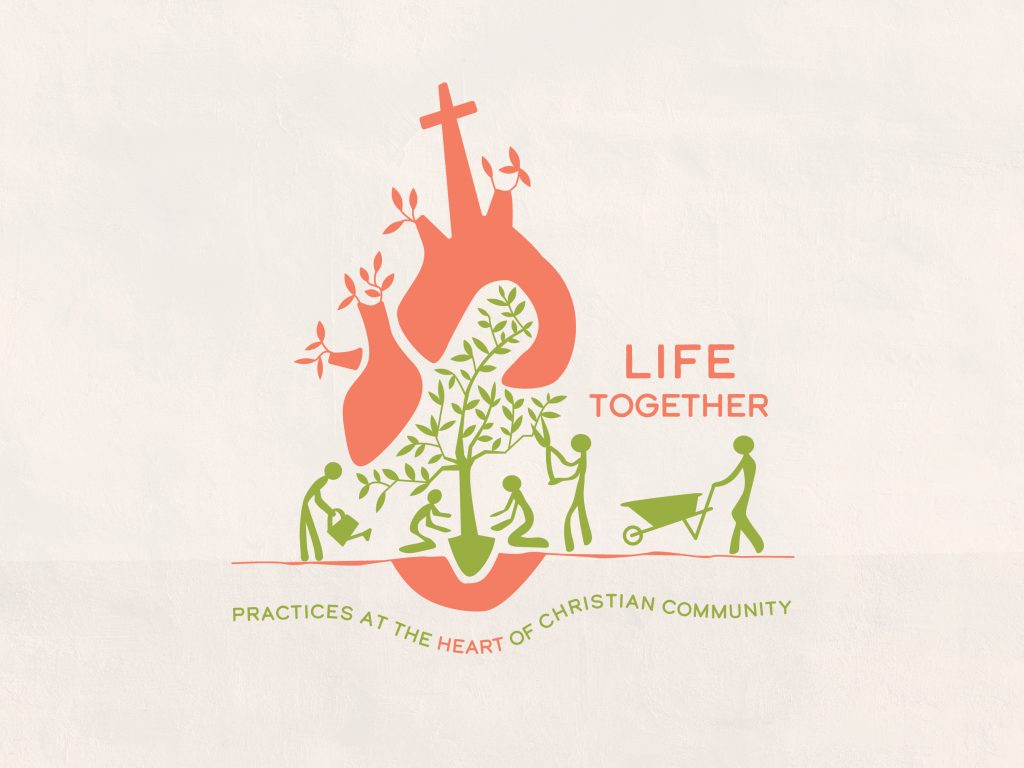Passage: Matthew 18:21–35
Guide for Group Discussion or Personal Reflection
Sermon Summary
In a culture where forgiveness is eroding, and sometimes even questioned, the church will be beautiful in its life together, if we can be a community who practices deep and regular forgiveness. In his parable of the unforgiving servant, Jesus sought to stir up this kind of forgiveness in his disciples by illustrating the nature of forgiveness, how it’s activated, and what it’s grounded in (Matt. 18:21-35).
The nature of forgiveness is to absorb the debt of another by paying it yourself. In the parable, when the king forgives his servant’s massive debt, this necessarily meant that the king had to absorb the debt himself. Forgiveness, then, is never truly “free,” but is paid for—often over a long period of time, and in painful ways great and small—by the one who chooses to forgive. Every time we choose not to bring up the past, or not to destroy someone’s reputation, for example, we are “bearing the cost” of forgiveness ourselves, like our Lord Jesus did.
True forgiveness, then, is incredibly hard to extend. It begins with our being able to compassionately identify with the offender. In the parable, the king felt compassion (or “pity”) for his servant, and this compassion activated his forgiveness (18:27). We will never be able to forgive until we can identify with those whom we need to forgive, seeing something of our own humanity in them, and recognizing that we, like they, are sinners.
Forgiveness is ultimately grounded in God’s own forgiveness of us, through Jesus, the one who absorbed the debt of our sin by paying it himself. We are called to forgive one another “from the heart” (18:35), and our hearts are changed when we realize the infinite debt that we’ve been graciously forgiven.
Sermon Outline
- The Nature of Forgiveness (18:21-27)
- Activating Forgiveness (18:27-34)
- The Grounds of Forgiveness (18:35)
Group Discussion & Personal Reflection Guide
Re-read the passage (Matthew 18:21–35)
The Nature of Forgiveness (18:21-27)
Q) Re-read Matthew 18:21-22. What do you think Peter’s motive was, in asking how often he should extend forgiveness? How would you guess Peter reacted to Jesus’ initial answer in verse 22? Why?
Q) Re-read Matthew 18:23-27 and meditate on these verses together. What is Jesus seeking to communicate about:
- How much we’ve been forgiven?
- The nature of our forgiveness?
- The nature and character of God?
Q) In the sermon, Pastor Bobby said that “the nature of forgiveness is to absorb another’s debt by paying it yourself”. How would you elaborate on this definition of forgiveness in your own words? How is this view of what forgiveness entails similar to or different from the way our culture views/talks about forgiveness? Does this way of understanding forgiveness bring any added depth, clarity, or nuance to how you’ve viewed forgiveness in the past?
Q) Have you ever experienced a time when it felt incredibly “costly” to forgive someone who had wronged you? If you wish to share, share with the group about what that process looked like—where did you have to “pay the debt” yourself? What about a time when you were the one who needed to be forgiven?
Q) Is there anyone you need to forgive right now? What would it look like to “absorb their debt” yourself? How can your small group pray for you?
Activating Forgiveness (18:27-34)
Q) Re-read Matthew 18:27 in a few different translations. What moved the king to forgive his servant’s debt?
Q) Re-read Matthew 18:28-34. How was the servant’s response to his own servant different than the response he himself had received from the king? What does this teach us about what it takes to forgive others?
Q) In the sermon, Pastor Bobby said that “we activate forgiveness by identifying with the very person who offended or wronged us”. Why is this so hard to do? What barriers—spiritual, mental, emotional—keep us from being able to truly identify with those who have wronged us? What truths do we need to dwell on, in order to identify with our offenders?
Q) Have you ever experienced a time when you were able—perhaps even surprisingly—to identify with someone who wronged you? What was it like?
Q) Imagine what a local church would look like that was marked by deep and consistent forgiveness. What would its worship be like? The quality of its relationships and community? Its “feel” towards outsiders? Its evangelistic witness?
The Grounds of Forgiveness (18:35)
Q) Re-read Matthew 18:35. What is the warning contained in this passage? What does it mean to forgive someone “from your heart?” And how does this relate to the reality that, like Pastor Bobby said, “forgiveness is often extended, before it is felt”?
Q) Spend some time praying with and for one another as a group. Pray that the Holy Spirit would open your eyes to see and receive God’s forgiveness of us in Christ, with greater depth and gratefulness. Pray that we would be set free from slavery to unforgiveness. Pray that Christ would be glorified in the forgiveness we extend and the forgiveness we receive.
Additional Application Questions
Q) How else would you like to engage with God this week?
Q) How can you tangibly care for those in your community this week, both inside and outside of the church?
Prayer
Spend time praying for yourselves, our church community, the North Shore community, and our nation and world—particularly those most vulnerable.

